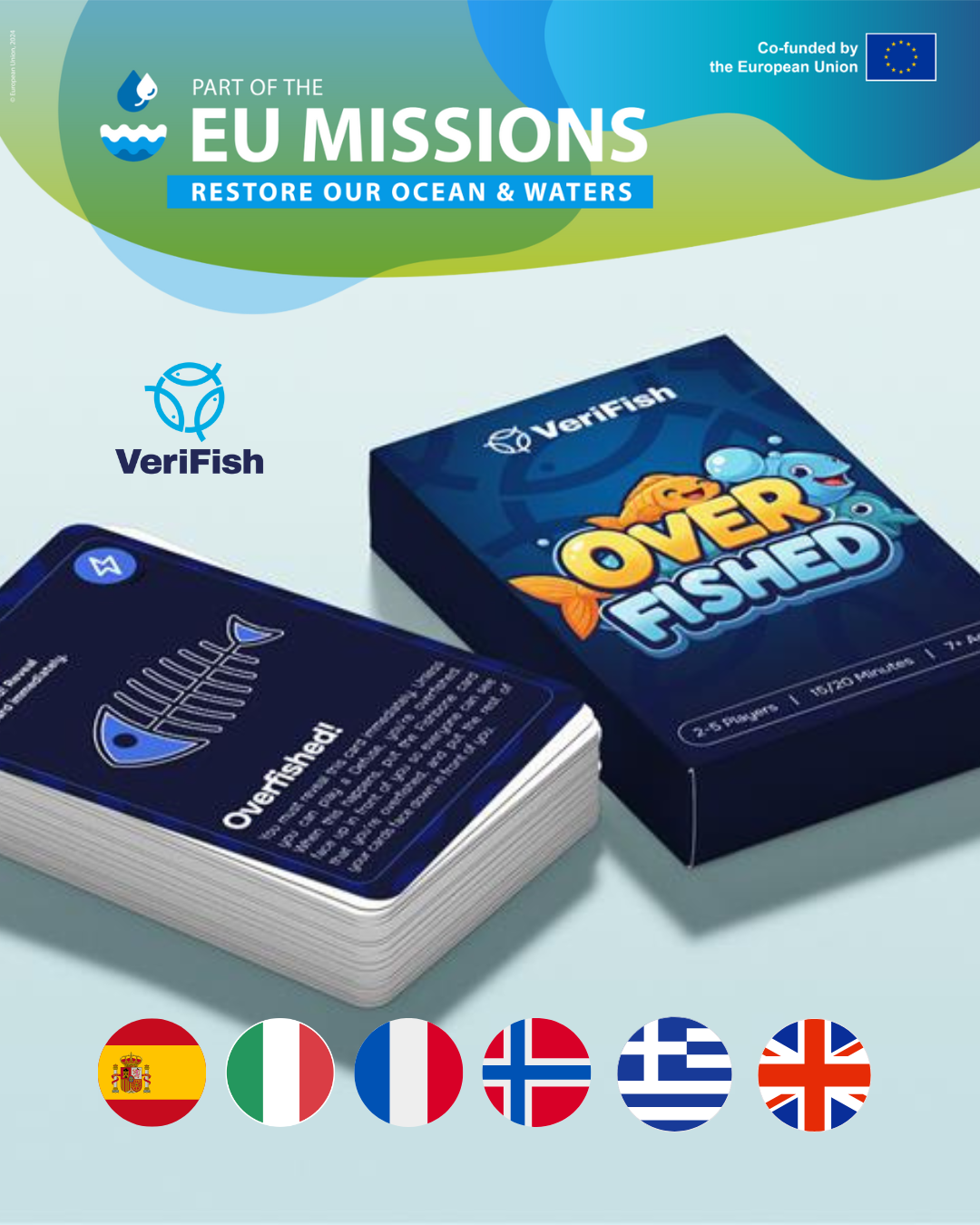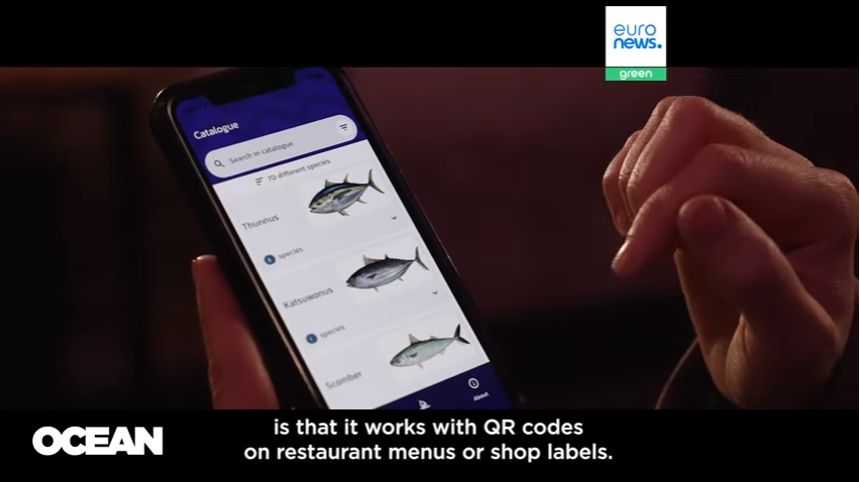The VeriFish project has achieved another key milestone with the publication of Deliverable 4.1 – Initial Recommendation for How to Efficiently Communicate to Consumers About Seafood. This comprehensive guide supports the seafood industry in crafting effective communication strategies aimed at enhancing consumer awareness and increasing sustainable seafood consumption.
Background and Importance
Efficiently communicating seafood sustainability, nutrition, and provenance to consumers is crucial to promoting responsible purchasing decisions. However, seafood products come in diverse varieties, originating from numerous regions, each with unique attributes and sustainability considerations. This complexity often creates challenges in clearly and effectively conveying the right messages to consumers.
This report tackles these issues directly, providing actionable strategies based on research and practical experiences gathered from VeriFish’s Work Packages (WP2 and WP3), combined with existing literature on consumer communication.
What’s Inside?
The deliverable outlines specific strategies and recommendations across the following areas:
- Consumer Types: Insights into tailoring messages for different consumer segments, taking into account geographical preferences and behaviour patterns.
- Seafood Types: Categorisation of seafood products designed to match diverse consumer needs and effectively communicate product attributes, alongside an appendix explaining rationale for excluding certain classifications.
- Communication Strategies: Essential considerations for developing targeted messaging for distinct consumer groups, including clarity of information, the relevance of product characteristics, and appropriate media selection.
- Recommendations: A practical, comprehensive table offering specific guidance on communication strategies tailored to each combination of consumer type and seafood category.
- Practical Examples: Real-world scenarios demonstrating the application of these recommendations, including a test case where ChatGPT 4.0 from OpenAI was evaluated as a tool for creating seafood marketing campaigns, assessing the reliability and quality of AI-generated content.
Next Steps: Towards a CEN Workshop Agreement (CWA)
The recommendations from Deliverable 4.1 lay the groundwork for the upcoming CEN Workshop Agreement (CWA), which aims to standardise good practices in communicating seafood sustainability at the European level. The CWA is envisioned as a stepping stone towards an ISO standard, providing harmonised guidelines that stakeholders throughout the seafood value chain can adopt.
Get Involved
The VeriFish consortium invites stakeholders across the seafood industry—retailers, producers, communication professionals, and policy makers—to explore and utilise these guidelines to improve consumer engagement and promote sustainable seafood consumption.
🔗 [Access the full Deliverable 4.1 here]
Stay connected for updates on VeriFish activities and further developments in sustainable seafood practices.
Authors: Silje Steinsbø, Themistoklis Altintzoglou, Oda Bjørnsborg, Roy Robertsen, Petter Olsen, Francesca Barazzetta, Ixai Salvo Borda, Sara Pittonet Gaiarin.



